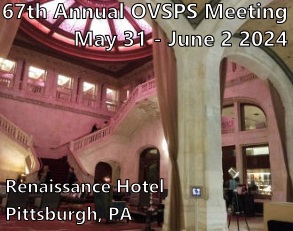<< Back to the abstract archive
Examining the most impactful strategies for in-service exam preparation: a systematic review
Nojan Bajestani, Anusha Singh, Mykal J. Gerald, Cristiane Ueno
The Ohio State University College of Medicine
2023-01-31
Presenter: Nojan Naghibzadeh Bajestani
Affidavit:
I certify that the material proposed for presentation in this abstract has not been published in any scientific journal or previously presented at a major meeting. This was the original work of Nojan Bajestani, Anusha Singh, and Mykal Gerald. The primary author performed the majority of the work for this abstract and secondary authors helped with editing.
Director Name: Dr. Cristiane Ueno
Author Category: Medical Student
Presentation Category: Clinical
Abstract Category: General Reconstruction
Introduction: Resident performance on the plastic surgery in-service examination, PSITE, can impact resident graduation and fellowship applications. Within plastic surgery literature, however, as compared to general surgery, there is little information on optimal PSITE preparation strategies. Understanding effective study strategies and curricular interventions in general and plastic surgery will elucidate how residents and residency programs can optimize PSITE performance.
Methods: Two literature searches were performed in PubMed and EMBASE to identify articles with strategies to improve ABSITE and PSITE scores. Searches followed the Preferred Reporting Items for Systematic Reviews and Meta-Analyses (PRISMA) guidelines. Only studies after November 2012 were included.
Results:
A total of 30 articles were included, and interventions were categorized as individual study habits or institutional curricular interventions. A literature search specific to general surgery found 27 articles with interventions that positively impacted general surgery in-service-exam, ABSITE, score. Of these, 21 studies were classified as using institutional curricular interventions, and 6 articles discussed individual study habits. Themes associated with improved performance included remediation programs, hours studied, and problem-based learning, among others. Conversely, 3 articles in plastic surgery literature reported improved PSITE performance. These interventions included didactic conferences and remediation programs.
Conclusion: This study's goal was to investigate literature for strategies that residents and programs utilize to facilitate improvement in PSITE scores. Unfortunately, plastic surgery literature lacks concrete evidence demonstrating how residents can enhance performance. Future research in plastic surgery can replicate successful strategies implemented in general surgery, and more research is needed to elucidate optimal PSITE preparation strategies.



